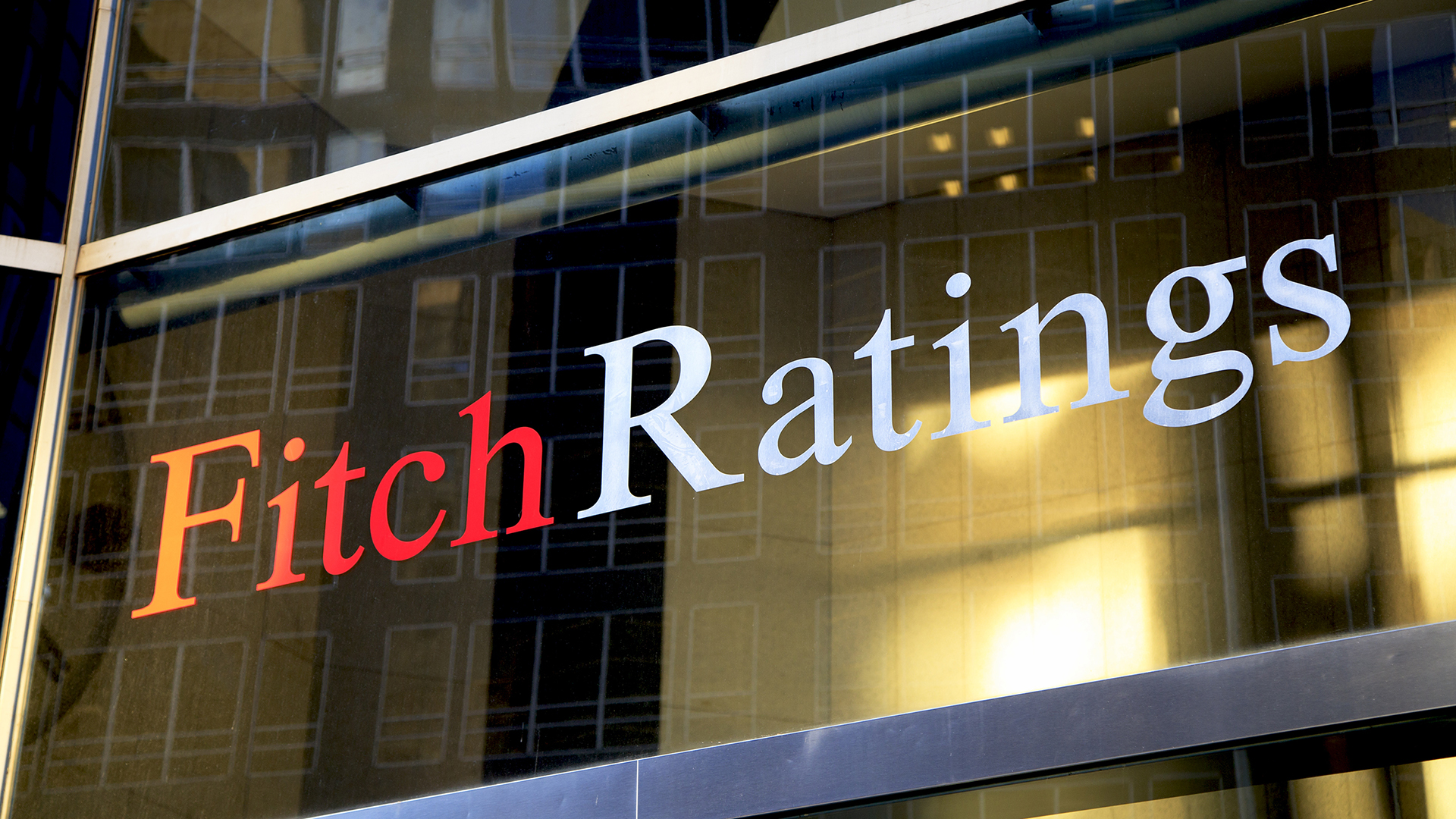NUR-SULTAN – The Fitch credit rating agency affirmed Kazakhstan’s Long-Term Foreign-Currency Issuer Default Rating (IDR) at ‘BBB’ with a stable outlook.

In August 2020, Fitch also affirmed Kazakhstan’s Long-Term Foreign-Currency IDR at BBB with a stable outlook. Photo credit: primeminister.kz
The report noted the country’s strong fiscal and external balance sheets along with accumulated oil revenues. External and fiscal buffers showed good performance against coronavirus and oil price shocks.
“Large sovereign external buffers are a key rating strength and are forecast to remain robust. The combined external assets of the state oil-fund (the National Fund) and official international reserves held by the central bank (the National Bank) rose to $94 billion or 57 percent of GDP at the end of 2020 (2019: 50 percent), boosted by global financial asset returns including rallying gold prices, and limited foreign exchange sales,” said the Fitch report.
Sovereign net foreign assets are estimated to make up to 49 percent of GDP by the end of 2020, and according to Fitch, they are “significantly larger than the current ‘BBB’ median of -2.4 percent, but should moderate to 43 percent by the end of 2021 and 39 percent in 2022 as fiscal oil revenue savings recover only gradually relative to nominal GDP growth.”
External reserves may grow amid Brent crude oil price, reaching $57 per barrel, the highest since last February. Fitch’s current annual oil price assumption stands at $45 per barrel for 2021.
According to the Fitch projection, Kazakhstan’s current account deficit is expected to remain at 3.5 percent of GDP this year and taper to 2.2 percent in 2022, underpinned by increased oil exports.
In 2020, oil output went down by 5.1 percent largely due to oil cuts that Kazakhstan committed to under the OPEC+ agreement. Fitch forecasts the country may reach its 2019 levels only after 2022.
“The deficits will be financed by large FDI projects in the oil and gas sector,” said the report.
Fiscal policy
Kazakhstan’s fiscal balance saw a 3.7 percent deficit of GDP in 2020 affected by a 50.6 percent fall in fiscal oil revenues and COVID-19 anti-crisis measures that amounted to 6.3 trillion tenge (US$), or nine percent of the country’s GDP.
“The 2020 deficit outturn was modest compared with ‘BBB’ peers (current median: 5.3 percent of GDP), partly reflecting a large 5.2 percent of GDP windfall from the National Fund investment returns and FX revaluation gains, and the one-off 1 percent of GDP compensation award from an oil contract dispute,” said the report.
While the government of Kazakhstan forecasts its fiscal deficit at 4.7 percent of GDP in 2021 and 2.1 percent in 2022, Fitch projects that the deficit will reach 3.4 percent and 1.3 percent in 2021 and 2022, respectively.
“We expect consolidated fiscal revenues to fall in nominal terms as normalising NFRK investment returns more than offset recovering fiscal oil revenues, and pandemic-related tax exemptions expired in 2020. Fiscal expenditure should also contract as a proportion of GDP, primarily due to a rebound in the denominator. Several Covid-19 economic support programmes from 2020 will continue in 2021, including housing subsidies and support for small and medium enterprises,” said Fitch analysts.
Economic growth forecasts
Fitch projects Kazakhstan’s economic growth to recover to 3.5 percent in 2021 supported by recovering economic activity and progress in vaccination.
In 2020, retail and transport services were hit the hardest by the coronavirus outbreak, and mining output also fell due to OPEC+ cuts.
At the same time, agriculture and construction showed positive dynamics, growing 5.6 percent and 11.2 percent, respectively.
For 2021, the construction sector shows promising prospects, with the Kazakh government intending to boost its affordable housing subsidies and housing development plans.
The recent government initiative that allowed Kazakh citizens to withdraw part of their pension savings to improve housing conditions, may also stimulate the growth, according to Fitch.
Political outlook
While the political outlook remains stable, according to Fitch, the country’s parliamentary elections in January “yielded little change in representation and the new cabinet saw a change of only two ministers.”
The report also mentioned the Supreme Council for Reforms that was established at the end of 2020 and which is meant to serve as a supreme body to adopt major structural reforms in the country, including in privatisation, economic policy and investment climate.
“In Fitch’s view, it is too early to assess the potential success of the Council in catalysing reforms to overcome economic challenges to economic diversification, promotion of non-oil foreign direct investments, and improvements in the independence of policy institutions,” concluded the report.

